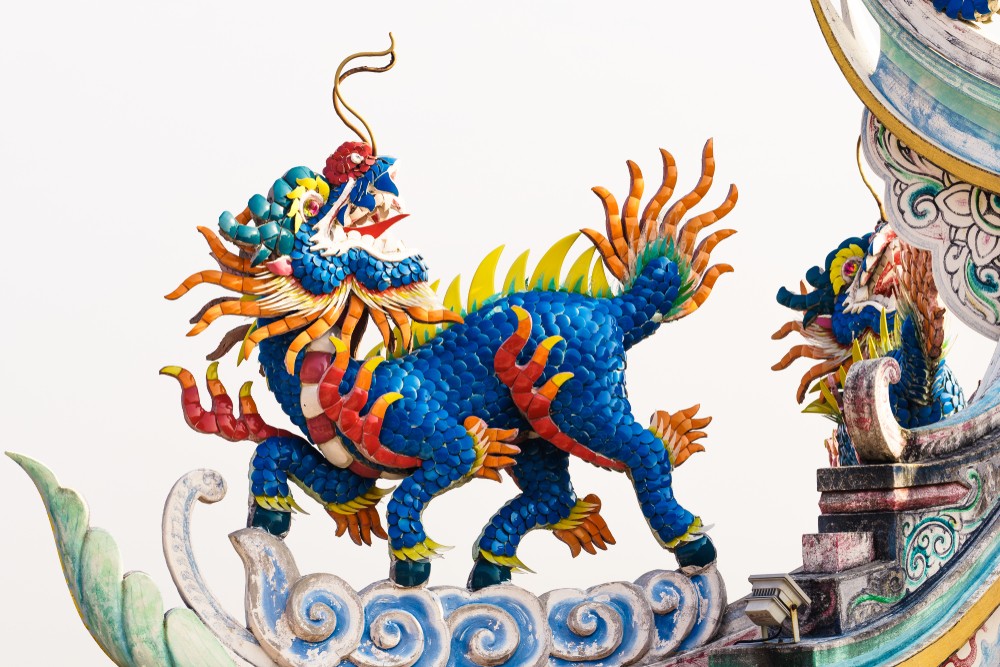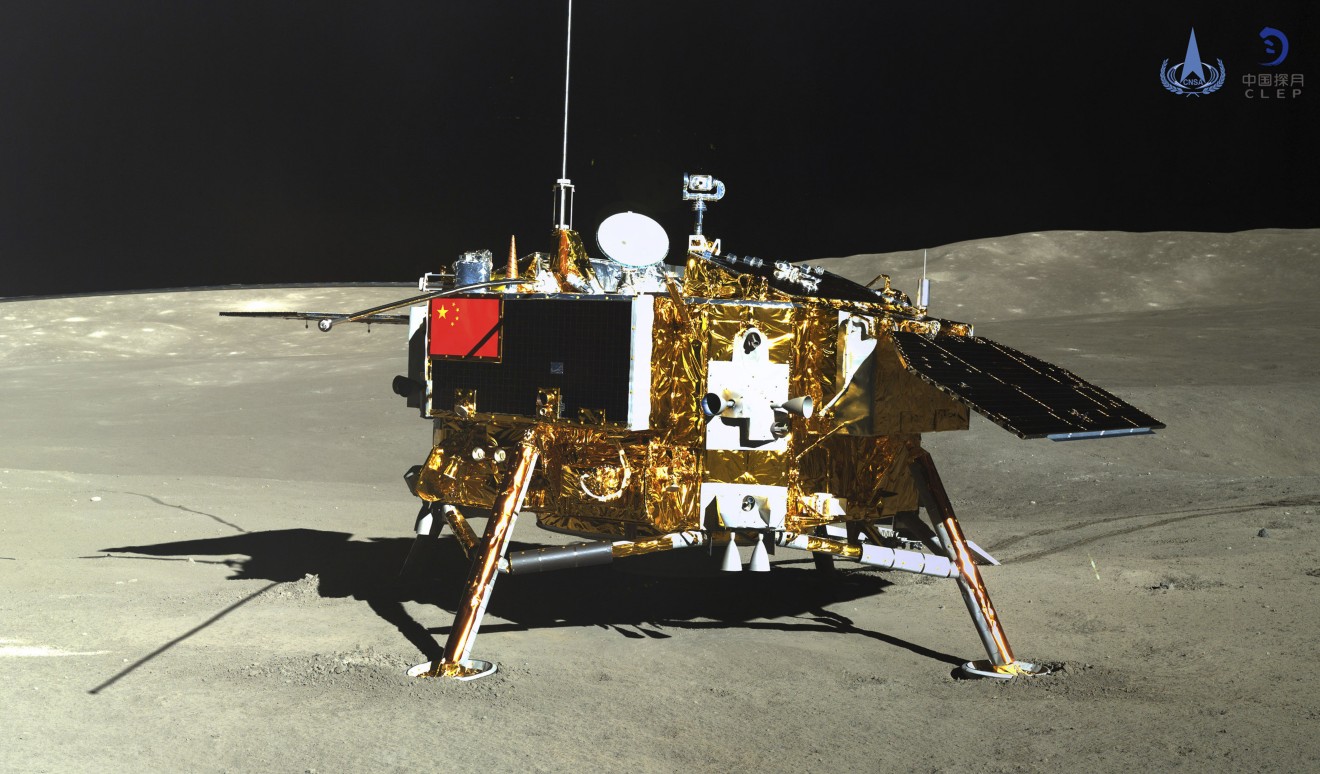Huawei's Android rival Hongmeng takes its name from Chinese mythology
From cookbooks to zoos, here’s how Chinese tech companies choose their names

Huawei is having a rough time ever since Google dumped it because of US sanctions. But the smartphone maker may have already found a rebound OS in the form of Hongmeng, an Android alternative developed in-house.
Although the name Hongmeng might not mean much to non-Chinese speakers, it has attracted attention in China. Unlike the seemingly random names from Western tech companies, Chinese tech companies draw heavily from local tradition -- although some have chosen to pick names out of cookbooks or the zoo.
Hongmeng OS is named after a character from Chinese mythology that symbolizes primordial chaos, the world before creation. For some, the word has a special meaning: Breaking free of the chaos and starting something new from scratch.
Huawei seems to have registered all its products under the names of mythical beasts and places from Chinese legends. Huawei's Kirin mobile chip got its name after a mythical lucky monster called Qilin. The company’s server chip is called Kunpeng, a giant bird that transforms from a fish. And Huawei’s servers are named Taishan after Mt. Tai, a mountain that has been a place of religious worship for around three millennia.

Sticking to Chinese tradition makes sense for Huawei, which is sometimes described as a bastion of traditional, hard-working tech-bro types.
But Huawei isn't the only Chinese company picking up fierce-sounding names for its products. Ecommerce giant Alibaba called its semiconductor unit Pingtou Ge. The name, which literally translated means “flat head brother,” is a Chinese nickname for the honey badger -- a small creature known for its fearlessness in attacking lions, venomous snakes and other deadly animals.
Alibaba has a whole menagerie of animal-named products. There is Alibaba’s financial arm, Ant Financial, which got its name because ants are small and Ant Financial is supposed to serve the “little guys,” according to company CEO Eric Jing.
Alibaba’s supermarket is called Freshippo (Hema) and has a hippo for a logo. Its delivery service is called Poultry (Cainiao). The music streaming service Alibaba acquired in 2013 is named Xiami, or Dried Shrimp. It has an ecommerce site called Tianmao, the name used for the Lynx constellation, and another one called Idle Fish (Xianyu). Alibaba even has a Flying Pig (Feizhu), the name it uses for its flights booking app, or Fliggy in English.

If all these animals are making you hungry, don't start thinking about smartphone maker Xiaomi, whose name literally means means millet, a type of small grain. The company chose a tougher name for its homegrown processor: Rifle. The name is said to originate from a People’s Liberation Army war slogan millet and rifles, which Mao Zedong said would be enough to stop an invading power.
Other local companies have historical references in their names, too. Chinese automaker BYD (“Build Your Dreams”) named several of its car lines after Chinese dynasties, including Tang, Qin, Song and Yuan.

Finally, China’s space program is actually a real-life tech rendition of a famous Chinese myth. Lunar spacecraft Chang’e, which recently made a historic touchdown on the far side of the moon, takes its name after the Chinese goddess of the moon. In the story, the goddess has a pet rabbit called Jade Rabbit (Yutu), which is also the name of China’s lunar rover.
For more insights into China tech, sign up for our tech newsletters, subscribe to our Inside China Tech podcast, and download the comprehensive 2019 China Internet Report. Also roam China Tech City, an award-winning interactive digital map at our sister site Abacus.